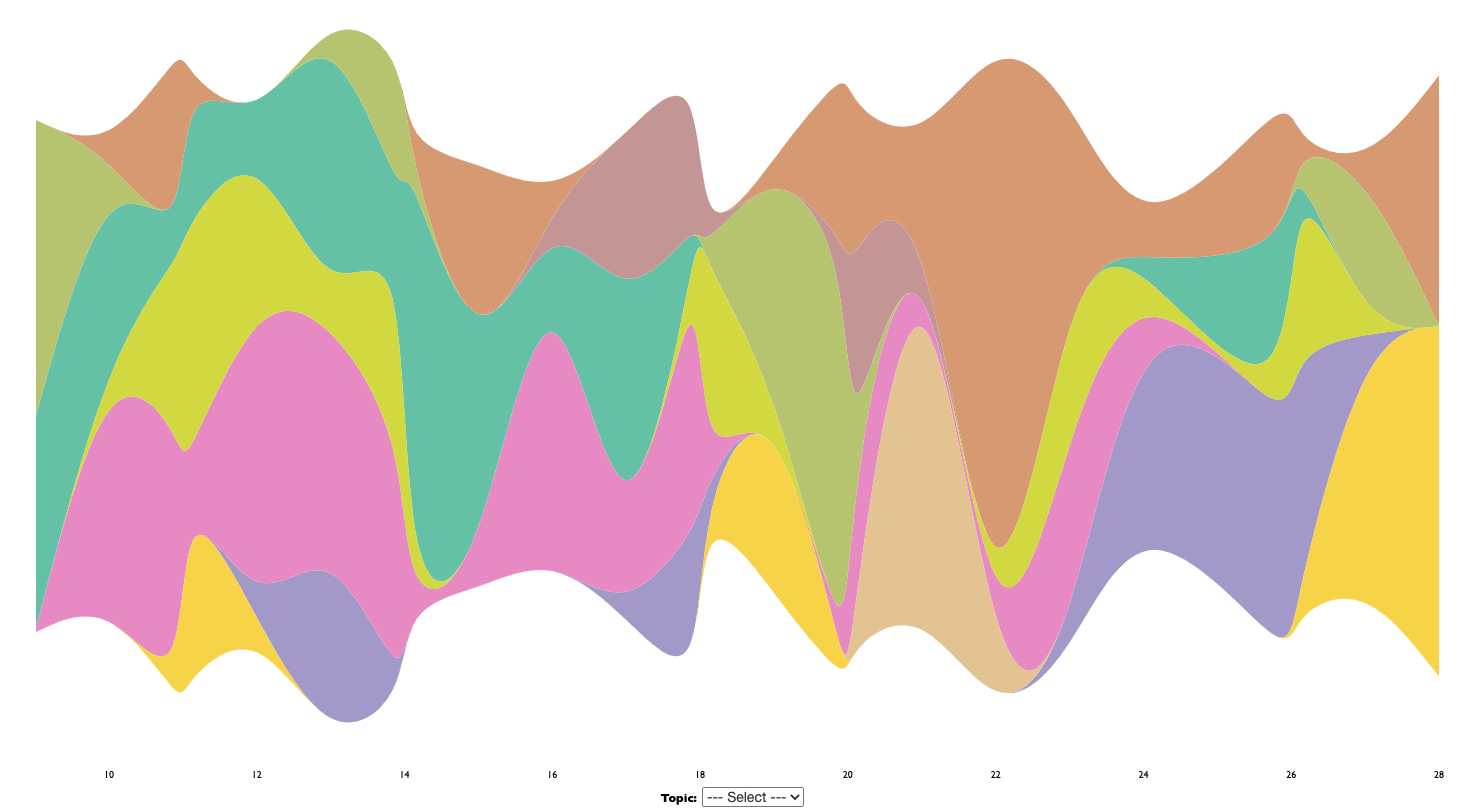About Me
Data Science
Since some years I define myself as a data scientist with a particular focus on text-as-data procedures within the tax administration. Of course, I am still interested in political science as most of my research and applications focus(ed) on exactly this domain: Explain and predict social science phenomena by technical means. The term “technical” combines various approaches like
 machine learning
machine learning regressions
regressions visualizations
visualizations
I also closely collaborate with the law faculty – transferring my experiences to a domain that makes great progress in adopting text-as-data applications. Here, I want to draw your attention to the research project Künstliche Intelligenz und richterliche Entscheidungsfindung.
Overall, my research and teaching focus in data science is organized around three larger themes: empirical and computational methodology, deliberative communication, and transfer services. I do not see these areas as separate, but as mutually dependent and complementary research strategies. Still, I provide some separate insights into these three pillars:
Empirical and Computational Methodology
The empirical and computational focus of my research is the development and application of text-as-data procedures. Previously, at the university of Göttingen, as part of the VisArgue project, I have (co-)developed an automated textual measure for deliberative quality. Also, I was involved in the ADD-up project conceptualizing and testing visual applications to explore and analyze deliberative discourse in real time. Finally, I coordinated the Deliberation Laboratory (DeLab) – an interdisciplinary project aiming to improve social media conversations by using AI.
Deliberative Communication
Within deliberative communication research, I concentrated on explaining democratic decision-making processes and extracting the role and dynamics of communication within such processes. I aimed for opening the black box of conversation dynamics. For instance, I was interested in explaining the link between personality and argumentative behavior: Do people scoring high on conscientiousness provide more justifications? Which types of justification are addressed more often? Also, I strived for identifying the momentums within conversations in which participants get persuaded by others.
Transfer Services
The third research pillar, transfer services, aimed at designing intervention systems: With ADD-up, we proposed a real-time visual intervention system that supports participants in achieving a high deliberative quality. The project DeLab aimed at developing a virtual moderator that uses artificial intelligence to recognize when discussions in social media are becoming increasingly destructive in character. The virtual moderator should then intervene in the discussion and help to prevent escalation. Both projects were funded by the Volkswagen Foundation.